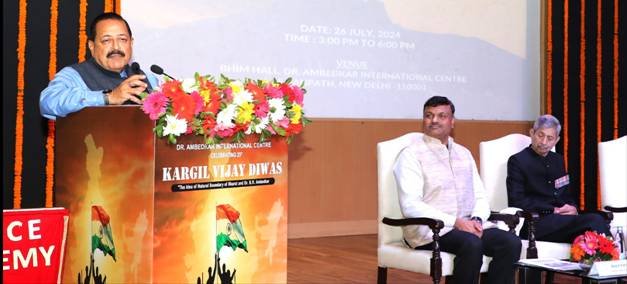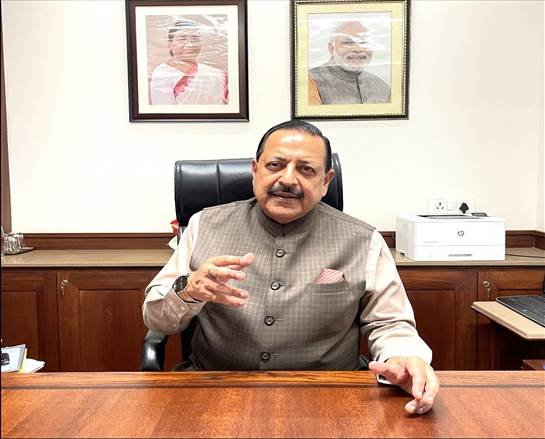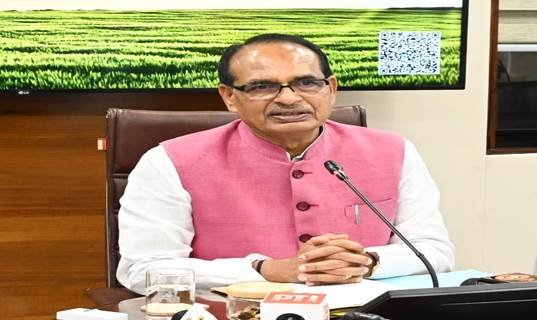At the World Economic Forum in Davos, India took center stage for its burgeoning green energy ambitions. Hardeep Puri, Union Minister for key sectors like Petroleum, Natural Gas, and Housing, proudly declared India’s cost advantage in producing both green energy and electrolyzers, crucial components for generating green hydrogen. This advantage, coupled with the nation’s projected 25% share in global energy demand growth over the next two decades, positions India as a potential powerhouse in the clean energy revolution.
The Davos session, titled “Green Hydrogen Opportunity in India,” buzzed with optimism about India’s green future. Industry leaders like Sumant Sinha of ReNew applauded the government’s supportive policies, envisioning India’s potential to not only fulfill its domestic needs but also emerge as a green hydrogen exporter. A joint study by Bain & Company and the World Economic Forum further reinforced this vision, outlining a roadmap for India’s successful participation in the global green hydrogen value chain.
Challenges remain, however. The high cost of green hydrogen compared to conventional processes currently acts as a major hurdle. Experts like Jorgen Sandstrom from the WEF emphasized the need for cost reduction, with a target price of $2 per kilogram being crucial for fostering a thriving green hydrogen ecosystem in India. This will require innovative policies and continued collaboration between the government, industry, and research institutions.
Beyond the Davos discussions, Minister Puri held productive meetings with global energy giants like ENGIE and Trafigura. Talks focused on potential partnerships in areas like natural gas, LNG, and securing affordable crude supplies. These collaborations could further bolster India’s energy security and pave the way for its ambitious green energy goals.
Overall, India’s participation in Davos showcased its bold vision for becoming a global leader in green energy, particularly in the burgeoning green hydrogen sector. With its cost advantage, growing domestic demand, and supportive policies, India has the potential to rewrite the energy landscape. Yet, overcoming cost barriers and fostering international partnerships remain crucial in translating this vision into reality. The world watches with anticipation as India takes on this green energy challenge, potentially reshaping the global energy landscape in the years to come.
























+ There are no comments
Add yours